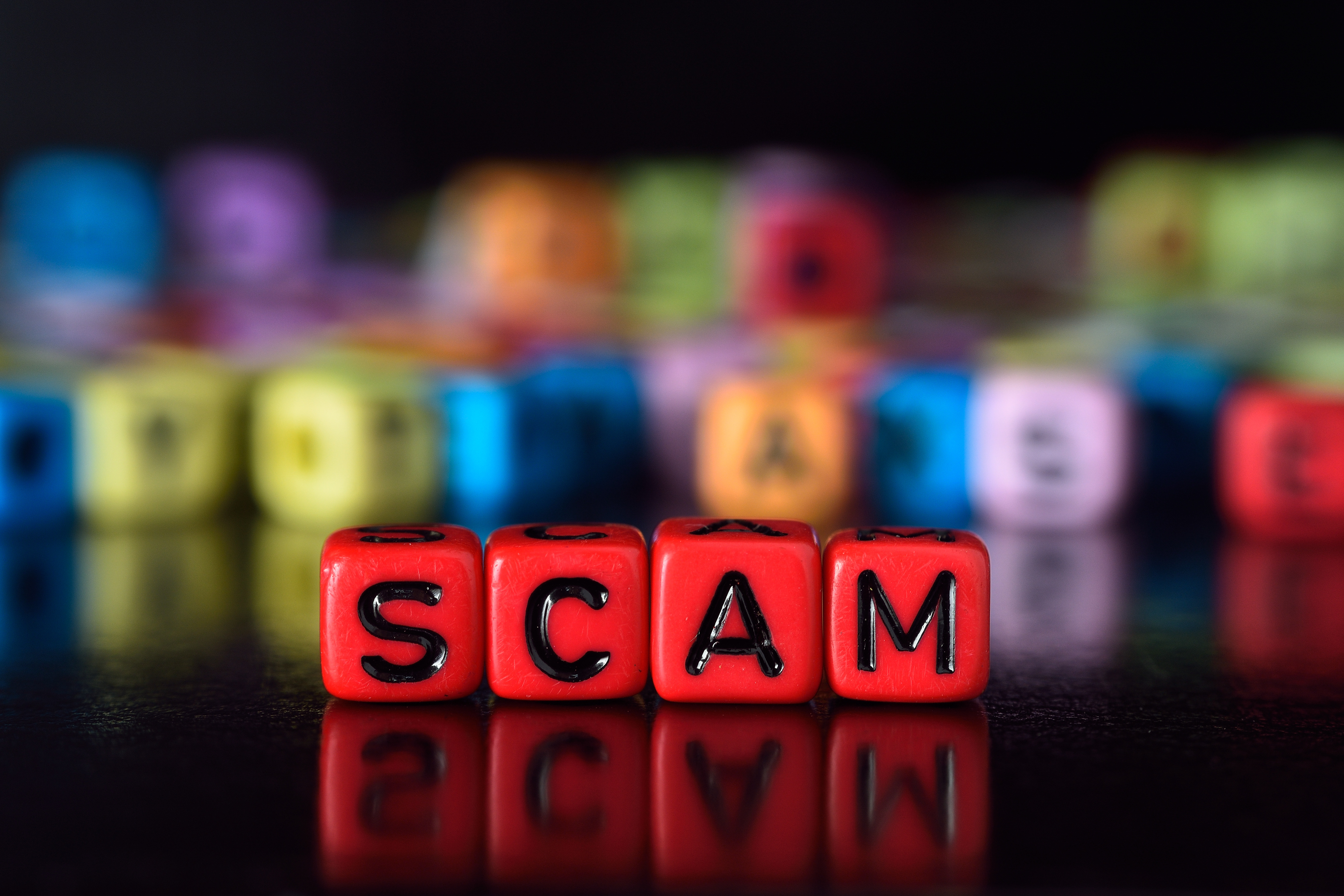AARP Hearing Center

One of the first cons to flourish on the internet, the “Nigerian prince” scam, also known as the “419” scam (named for the section of Nigeria’s criminal code dealing with fraud), has an ignominious history that long predates the digital age. Its roots go back to a notorious 19th-century swindle called the “Spanish Prisoner,” and the method of attack has progressed from letters and faxes to emails and social media.
What hasn’t changed is the premise: The scammer poses as a person of wealth and position who needs to get a huge sum of money out of his or her country and humbly, urgently, confidentially requests your assistance — in return for a sizable share of the treasure.
In the version that became ubiquitous online in the 1990s, the supposed benefactor is a Nigerian royal, government official or business executive whose fortune is hostage to war, corruption or political unrest. This desperate personage needs only your bank account number (to transfer the money for safekeeping) or a relatively small advance payment (to cover taxes, bank fees or well-placed bribes), or both. And before long, some of his or her millions will be your millions. Of course, if you bite, your Nigerian “partner” will drain your account dry or string you along for more and more fees, until you finally get wise.
These days, Nigerian scams emanate from many countries and involve different scenarios of riches to come, sometimes tracking world events. (That Nigerian prince might now be a Syrian banker, for example.) But the term has stuck as a catchall for international “advance fee” frauds that dangle a windfall if you provide financial information or money upfront.
Two red flags of this scam are recieving unsolicited emails from someone who claims to be a foreign dignitary or executive. The email will promise you a share of a multi-million dollar fortune in exchange for helping get the money out of the sender's home country.
DO:
- Be skeptical of any promise of a huge payoff for your cooperation in a fund-transfer scheme.
- Contact your local FBI or U.S. Secret Service field office if you or someone you know has become enmeshed in a 419 scam.
DON'T:
- Reply, even out of curiosity, to emails (or any form of communication) from someone representing his or herself as a foreign government or business official who needs help transferring a large sum of money.
- Provide personal or financial information to anyone making such an appeal.
- Agree to send money by wire transfer, international fund transfer, cash-reload card or concurrency to a stranger who approaches you online.
Fight back against frauds and scams! Call our free Fraud Watch helpline at 877-908-3360 to speak with volunteers trained in fraud counseling. You can also sign up for Watchdog Alerts and check out our scam-tracking map .































































